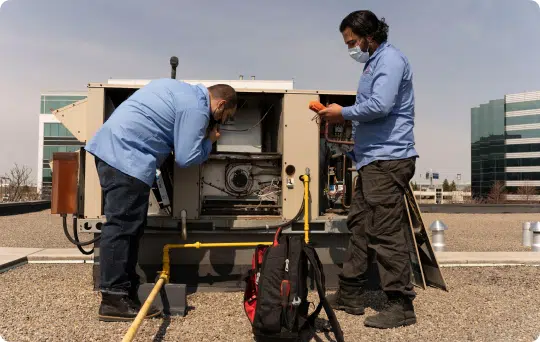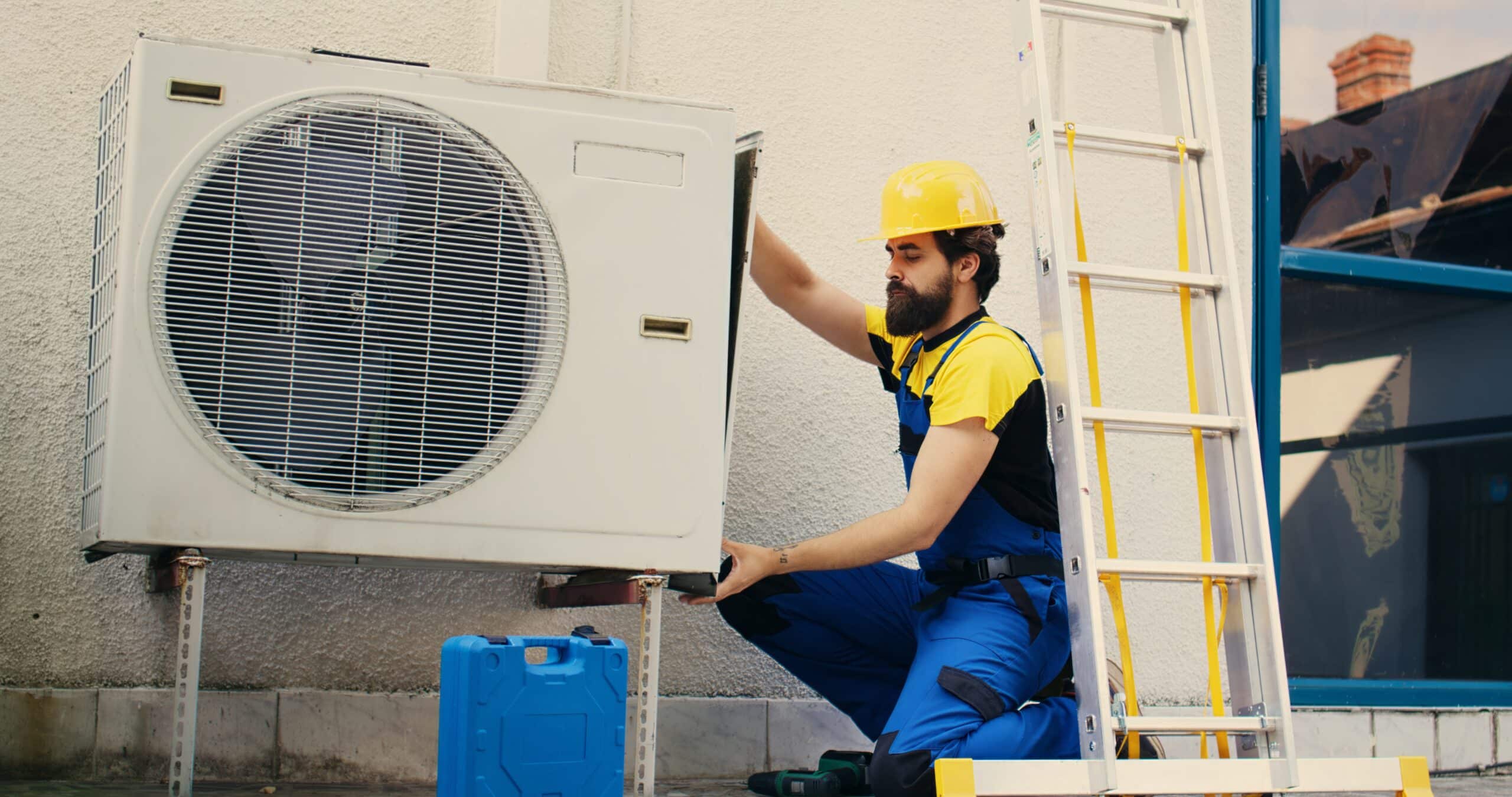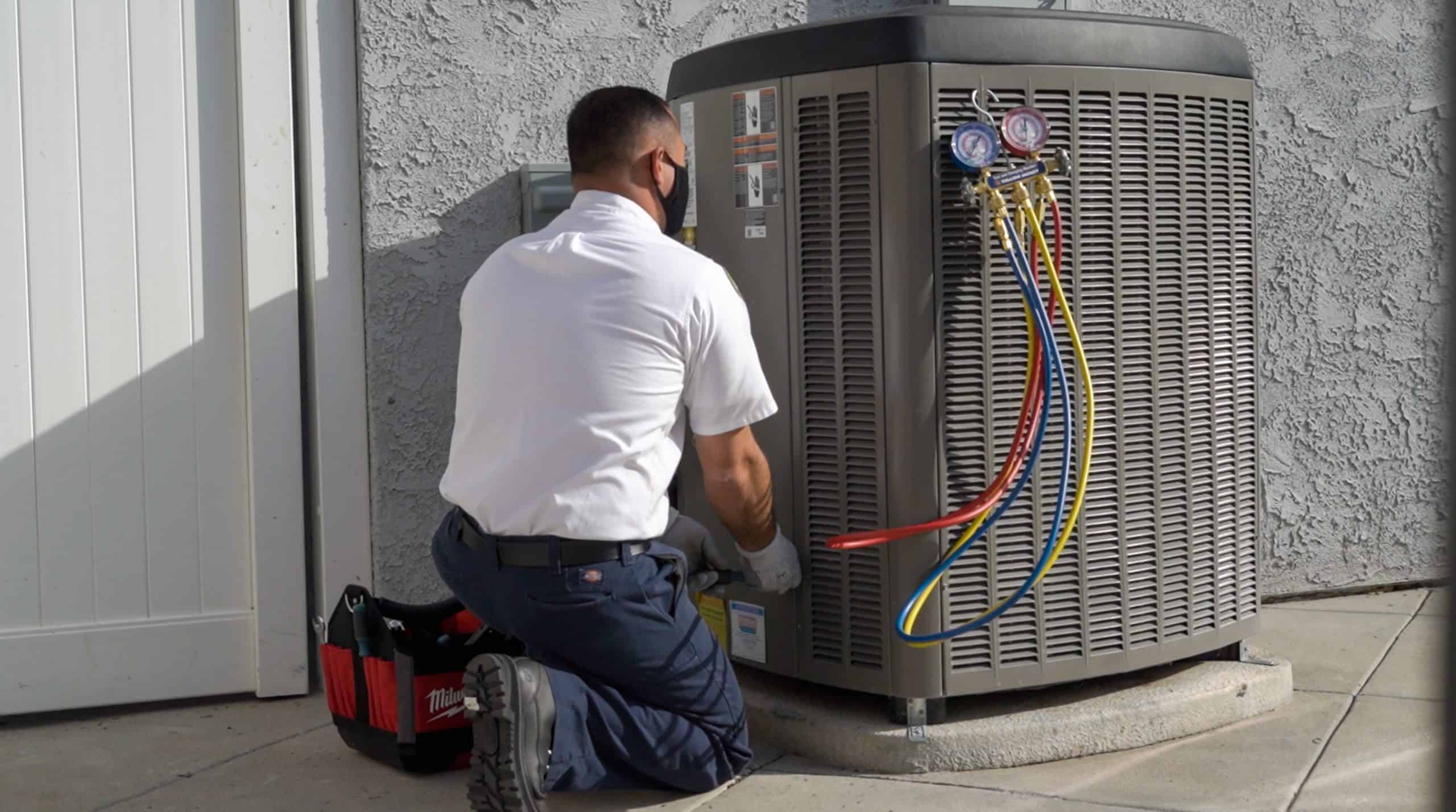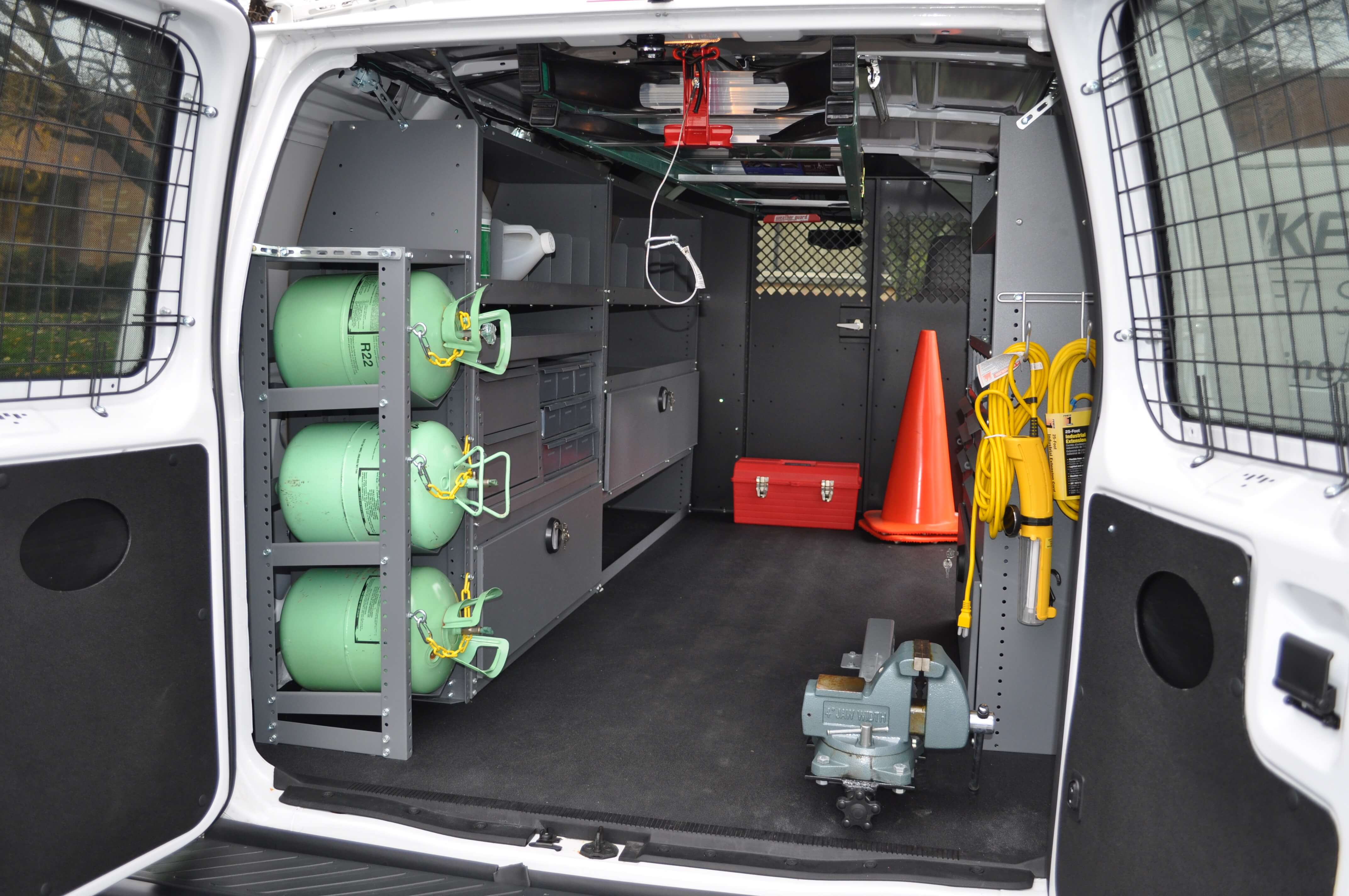Reliable Services from DMAKS HVAC for Your Home's Comfort.
Reliable Services from DMAKS HVAC for Your Home's Comfort.
Blog Article
Exactly How to Select the Right Cooling And Heating System for Your Needs
Choosing the appropriate HVAC system is an important choice that needs cautious consideration of various aspects. Begin by examining your home's dimension, design, and special needs, as these aspects determine the necessary capacity and configuration of the system. In addition, developing a budget that includes installation and long-lasting functional prices is vital. As you evaluate your alternatives, comprehending energy effectiveness rankings and the implications of your neighborhood climate will play a considerable function in your option. Nonetheless, the myriad of system kinds offered can complicate this procedure, leading one to ask yourself which path inevitably brings about optimum convenience and efficiency.
Assess Your Home Size
Examining your home dimension is a vital initial step in picking the ideal heating and cooling system. The dimension of your home straight influences the home heating and air conditioning ability required for reliable environment control. A cooling and heating system that is also tiny will certainly have a hard time to preserve comfy temperature levels, bring about increased power usage and endure the system. On the other hand, an oversized system can result in short cycling, insufficient humidity control, and inefficient operation.
To precisely evaluate your home size, measure the square video footage of each space, taking into consideration factors such as ceiling height and the layout. Furthermore, take into consideration the insulation top quality and the variety of home windows, as these aspects influence thermal efficiency. Homes with open layout might require various system setups contrasted to those with many separated spaces.
Making Use Of the Handbook J tons estimation technique can supply an extra specific quote of your heating and cooling requires. This technique represent numerous factors, consisting of neighborhood climate, solar gain, and tenancy patterns. By very carefully assessing these aspects, you can guarantee that your picked a/c system is appropriately sized, bring about enhanced convenience, energy effectiveness, and longevity of the devices.
Determine Your Budget Plan
Determining your budget is a critical step in the HVAC system selection procedure, as it establishes the specifications for your options - DMAKS HVAC. A heating and cooling system is a substantial investment, and recognizing your financial limitations will certainly help limit choices that fit within your means
Begin by evaluating not only the first acquisition cost but likewise installation expenses, which can differ substantially depending upon the intricacy of the project. Consider continuous expenses such as upkeep, fixings, and power intake. A system might appear budget-friendly initially however can lead to greater expenses in time if it is much less reliable.
It is advisable to designate a backup fund for unexpected costs that might arise throughout installment or first system changes (DMAKS HVAC). Furthermore, check out funding alternatives or rebates that might be offered, as these can relieve the burden of in advance expenses
Eventually, having a clear budget plan allows you to engage with a/c specialists extra properly, guaranteeing you obtain tailored recommendations that straightens with your monetary objectives and home needs. By being diligent regarding your budget, you can make educated decisions that enhance convenience without compromising monetary stability.
Evaluate Power Performance
Energy effectiveness plays an important role in the total performance and cost-effectiveness of your HVAC system. When picking a system, it is necessary to click to read more consider its energy efficiency ratings, as these figures straight impact your utility expenses and environmental footprint. Try to find systems with a high Seasonal Power Performance Proportion (SEER) for cooling down and a high Yearly Fuel Application Efficiency (AFUE) rating for home heating. Higher ratings suggest better efficiency, meaning more convenience for less energy consumption.
Furthermore, take into consideration the Energy Celebrity certification, which signifies that the system satisfies strict efficiency guidelines established by the Epa. Buying an Energy Star-rated HVAC system can bring about substantial cost savings over time, specifically in locations with severe temperature fluctuations.
Another element to examine is the system's size and capacity. An extra-large or small unit can lead to inefficiency and enhanced energy expenses. DMAKS HVAC. Appropriate sizing, usually figured out with a Hand-operated J lots computation, guarantees that the system runs at ideal performance


Consider Climate and Environment
When selecting a HVAC system, it is essential to think about the neighborhood environment and environmental conditions, as these variables dramatically influence the system's efficiency and performance. Various areas experience varying temperature extremes, humidity degrees, and seasonal modifications, every one of which influence heating and cooling demands.

In addition, local environmental variables, such as air top quality and prospective allergens, must educate your selection. Equipments outfitted with advanced filtering innovations can aid alleviate toxins and provide cleaner air. Additionally, think about the power sources readily available in your location-- some heating and cooling systems are extra efficient when powered by natural gas or eco-friendly power sources.
Eventually, straightening your a/c system selection with your regional environment and ecological factors to consider will certainly cause improved convenience, boosted performance, and lower power prices.
Explore System Types and Attributes
As home owners seek to maximize convenience and performance, exploring the numerous sorts of HVAC systems and their distinct features comes to be necessary. The primary sorts of a/c systems consist of main air conditioning, heat pumps, ductless mini-split systems, and furnaces. Each system provides distinct advantages tailored to different needs and preferences.
Central air conditioning systems offer consistent air conditioning throughout a home, making them ideal for bigger spaces. Heatpump act as both heating and cooling down solutions, making use of electricity to move anonymous warmth, which can result in reduced Bonuses energy costs. Ductless mini-split systems are coming to be progressively prominent because of their flexibility and convenience of installment, allowing house owners to manage the temperature level in specific areas without extensive ductwork.

Conclusion
In conclusion, selecting the appropriate HVAC system demands careful consideration of numerous variables, consisting of home dimension, budget restrictions, energy efficiency, neighborhood environment, and offered system kinds. A comprehensive evaluation of these aspects makes certain optimal convenience and cost-effectiveness. By complying with an organized technique, home owners can make educated choices that align with their certain demands and choices, inevitably resulting in boosted indoor air high quality and power cost savings.
Report this page